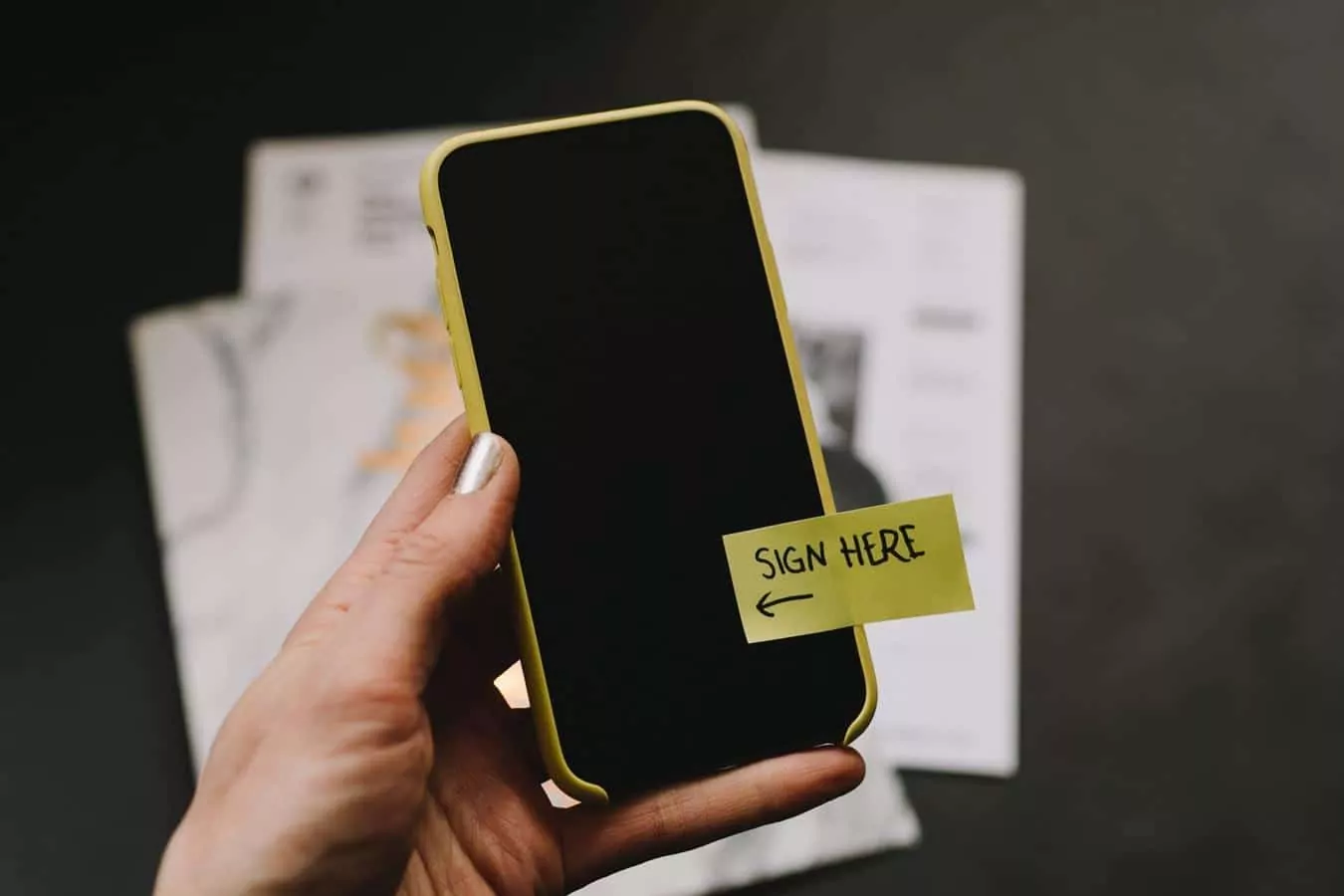by 50Plus-Today
As of March 27, 2020, the U.S. has the most confirmed coronavirus cases in the world. People are understandably scared and looking for answers. Unfortunately, while many of us work to “flatten the curve” and provide support to others, others take advantage of vulnerable consumers. Perhaps you received calls or emails like these:
“Press 1 for a free testing kit delivered overnight to your home”
“Protect your loved ones with our cleaning service that eliminates the virus from the air for only $79”
“Click here to receive your check from the government NOW”
Robocalls, Email and Social Media, Oh My!
Scammers prey on public fear and confusion and to make money off unsuspecting vulnerable people. Increasingly sophisticated thieves create elaborate schemes to make a quick buck during difficult times. Those pedaling fake treatments, supplies, etc are often aggressive and can be very convincing. Stay alert!
Popular Coronavirus Scams
The following list, created by DailyCaring.com,details common scams targeting seniors:
- Free iPhones if you click a link in a text message. The link downloads malware that spies on you.
- Counterfeit face masks and hand sanitizer
- Fake home test kits for COVID-19
- Phony work-from-home schemes
- Sold out products like face masks which are never delivered
- Emails, texts, apps, or websites claim to track the spread of the virus, encourage you to download ransomware onto your device that blocks your access, then holds your phone/computer for ransom
- Fake supplements, lotions, toothpastes, etc. that promise to provide treatments or cures for the coronavirus
- Faith-based miracle cures
- CBD-based treatments and cures
- Fake charitable organizations
- Robocalls pitching a wide variety of scams
- Fake payday loans or false promises of checks from the government
Protect Yourself – Here’s How
Only purchase products from trusted sources. Google the name of the business for information and reviews. Get tips about shopping online from the FTC.
Hang up on robocalls. Don’t press any numbers.
Ignore online offers for vaccinations and home test kits. As per the FDA , no FDA-authorized home test kits for the Coronavirus exist right now.
Contact trusted sources to fact-check information. Both scammers and well-meaning people sometimes share information that is not yet confirmed. Visit What the U.S. Government is Doing for links to federal, state and local government agencies.
Avoid charity scams by researching the organization. Do not let anyone rush you into making a donation. You will not be asked to donate via cash or wiring money by a reputable charity. (find info on ways to help )
Ignore texts and emails about government checks unless you are speaking directly to a trusted source. Know the government will not ask for fees upfront, your social security number, bank account or credit card information.
Do not click on links from unknown sources as they might download viruses onto your device or computer. Closely inspect a domain address before clicking on them by using your mouse’s hover feature.
If you receive a suspicious looking email from a friend, contact your friend before opening to confirm they sent it to you.
FAKE NEWS ABOUT THE CORONAVIRUS
Misinformation spreads like wildfire online. Check the World Health Organization (WHO) MYTHBUSTER page to learn what’s true and what’s not.
IMPORTANT: DON’T attempt a coronavirus cure or treatment without speaking to your regular physician or another qualified, reputable medical professional.
top image from Kelly Sikkema at Unsplash.com










